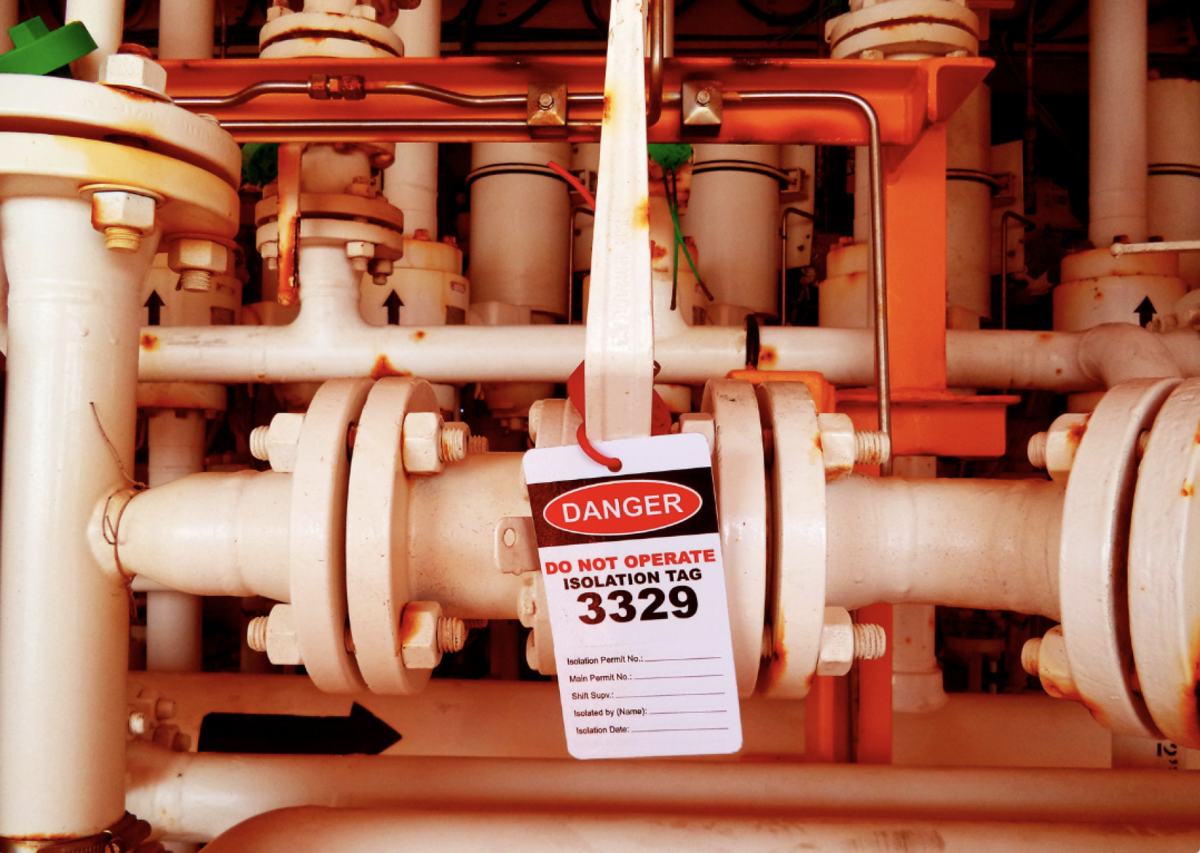PHOENIX — The federal Occupational Safety and Health Administration is moving to strip Arizona officials of their ability to regulate worker safety because of the state’s failure to immediately adopt emergency COVID health care rules to protect workers.
In a letter Tuesday, James Frederick, OSHA’s acting assistant secretary, said the agency is taking the first steps to rescind its 1985 decision to let the Industrial Commission of Arizona be in charge of ensuring that safety rules are being enforced.
“OSHA will be initiating reconsideration proceedings with a proposal to revoke Arizona’s final approval,” he wrote to James Ashley, the commission’s director.
“Arizona’s ongoing failure to adopt the Healthcare Emergency Temporary Standard is continuously placing healthcare workers at risk as they are deprive of ‘at least as effective’ protections against the grave danger from the hazards of workplace exposures to SARS-CoV-2,” he said, citing the standards that state regulations have to meet to enforce federal safety laws.
The move to strip the Industrial Commission of its enforcement authority would put the federal agency in charge of enforcing not just the new rules that deal with everything from mask requirements to time off, but every other regulation in the state that governs worker safety, ranging from construction sites to office buildings.
Trevor Laky, spokesman for the Industrial Commission, denied that the state was acting in ways contrary to the federal rules. He said it’s a fight over both interpretation and timing.
And Gov. Doug Ducey said the OSHA action is “nothing short of a political stunt and desperate power grab.”
“We won’t allow it without a fight,” he said in a prepared statement.
The rules at issue cover a host of COVID-related issues for health care workers.
For example, they require employers to provide reasonable time for workers to get vaccinated and to cover sick time for vaccine side effects.
There also are rules for companies to notify employees of an exposure to someone with COVID in the workplace within 24 hours of becoming aware. Other provisions include infection control measures that employers must take, like ventilation rates, air filtration levels and requiring everyone in a facility to wear masks and observe physical distancing.
And there are protections for workers against retaliation for exercising their rights under the rule.
The Industrial Commission at first balked at adopting the federal rules, saying that some of what is in there already is covered by state laws and rules. For example, Jessie Atencio, the state’s OSHA director, said that in Arizona workers can used earned paid sick time for COVID testing, vaccination, business closure, quarantine or illness.
But James Wulff, federal OSHA’s acting regional administrator, said his agency concluded that there were several areas where Arizona law were not “at least as effective” as federal rules, a requirement when states want to have primary enforcement privileges.
Laky said the Industrial Commission disagrees with OSHA about the effectiveness of the state laws and rules. But Atencio responded last month by telling Wulff that the Industrial Commission will move to adopt the federal emergency rules — but only after public hearings that would further delay implementation.
Not good enough, said Frederick, saying the state is guilty of failing to act on the emergency rules by July 6 or proposing an alternative by July 21 “without providing any reasonable basis for these failures.”
Laky said the commission did respond on July 16 with its arguments that state laws and rules were sufficient. But OSHA didn’t respond until two months later, making any delay the fault of the federal agency.
Still, Laky acknowledged, it will take at least another month for hearings and commission action before Arizona could have anything in place.
Attorney David Selden said if OSHA follows through and takes over worker safety regulation in Arizona, that would be bad news for local businesses. He said employers here have good working relations with the Industrial Commission.
“They know Arizona, they know Arizona employers,” he said. And Selden, whose law firm also represents employers in in states where OSHA has primary enforcement, said putting Arizona into that category would be a setback.
“It’s a way better arrangement than when you have a federal Department of Labor official who is beholden to people in Washington, D.C. that does not have the same tie to the Arizona community,” he said.
But attorney Jim Barton who represents labor interests in worker safety cases, said state regulation is a mixed bag.
On one hand, he said, having safety regulators that are familiar with Arizona employers “is really not going to work for workers.”
Conversely, he said the Industrial Commission has a lot more inspectors on the ground in Arizona than a federal agency ever could. And that, said Barton, is probably better to ensure worker safety.
The move by OSHA, though, is being praised by the National Nurses Union.
In a statement Tuesday, Deborah Burger, the organization’s president, criticized the failure of Arizona and two other states to adopt the OSHA emergency rules and praised the federal agency of moving to strip enforcement authority.
“It’s unconscionable that some states think they can just ignore their responsibility to protect health care workers,” she said, naming not just Arizona but also South Carolina and Utah, who also were warned Tuesday with losing OSHA enforcement authority. “We could not be more proud that OSHA is standing up to hold them accountable today.”





